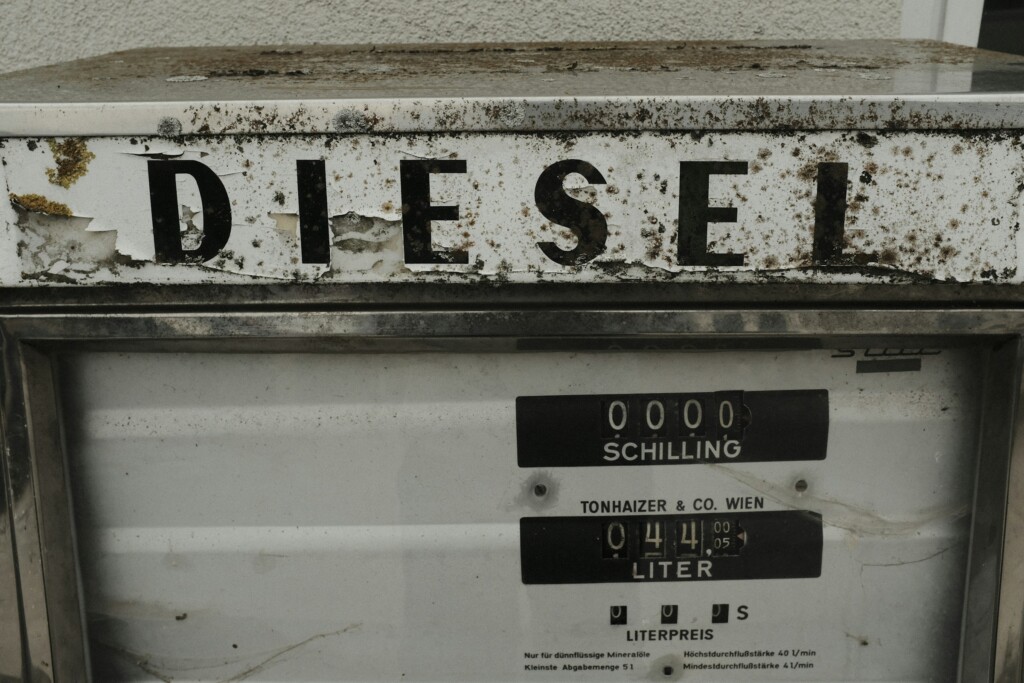SafeWork Australia is considering introducing a national workplace exposure standard for Diesel Particulate Matter (DPM), a known carcinogen that many Australian workers are exposed to. This follows the mining industry in several states, including New South Wales, introducing its own exposure standard.
What is Diesel Particulate Matter?
Diesel Particulate Matter (DPM) consists of fine particles that together with gases make up Diesel Engine Exhaust (DEE). Essentially, DPM is soot (carbon particles) that other substances can stick to, including carcinogens like polycyclic aromatic hydrocarbons (PAH).
According to the Cancer Council, more than one million Australians per year are exposed to diesel exhaust in their workplace. This makes diesel the second most common workplace carcinogen after UV radiation. DPM exposure has been shown to increase the risk of lung cancer, and may also be linked to an increased risk of bladder cancer.

Exposure level advice from the AIOH
There is currently no national workplace exposure standard for diesel particulate matter – although there are exposure standards for some of the individual elements of diesel exhaust.
As awareness of DPM-related illness has grown, there has been increasing discussion of the possibility of introducing an exposure standard. In 2017, the Australian Institute of Occupational Hygienists published a position paper summarising the evidence and giving advice on the assessment, evaluation and control of DPM exposure.
In particular, the AIOH has the following advise on recommended exposure levels. (’EC’ is elemental carbon, the main constituent of DPM):
Notwithstanding the lack of a well-defined universal dose response relationship, experience has shown that when workplace exposures are controlled below 0.1 mg/m3 DPM (measured as submicron EC), irritant effect decreases markedly. In the absence of any more definitive data, the AIOH supports the maintenance of DPM levels (measured as submicron EC) as low as reasonably practicable (ALARP) below an 8-hour TWA [time-weighted average] guidance exposure value of 0.1 mg/m3, with the provision of applying a TWA value of 0.05 mg/m3 as an action level which triggers investigation of the sources of exposure and implementation of suitable control strategies.
In the absence of a legal exposure standard, many occupational hygienists, including Airsafe, use the AIOH’s recommendations as a guideline in monitoring exposure levels to DPM.
In several states including New South Wales, the mining industry has adopted the 0.1 mg/m3 time-weighted average measure as an industry-specific exposure standard.
Towards a national exposure standard
Safe Work Australia is conducting an ongoing consultation around the possibility of establishing a national exposure standard for DPM, with submissions closing on 4 June 2023 following a review by SLR Consulting.
In its submission to the consultation, the Australian Institute of Occupational Hygienists supports the principle of a national exposure standard, while making several criticisms of the review’s methodology and conclusions.
Whatever the outcome of the consultation, it’s important for anyone in charge of a workplace that uses diesel-powered machinery to be aware of their legal obligations, and to minimise their workers’ exposure to DPM as much as possible.
How Airsafe can help
Airsafe offers expert risk assessment and monitoring for workplace DPM exposure. If your business uses diesel, don’t put your workers at risk: call Airsafe on 1300 888 338.



